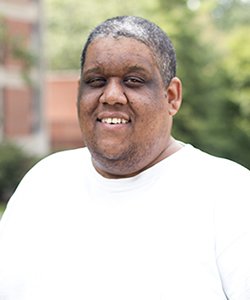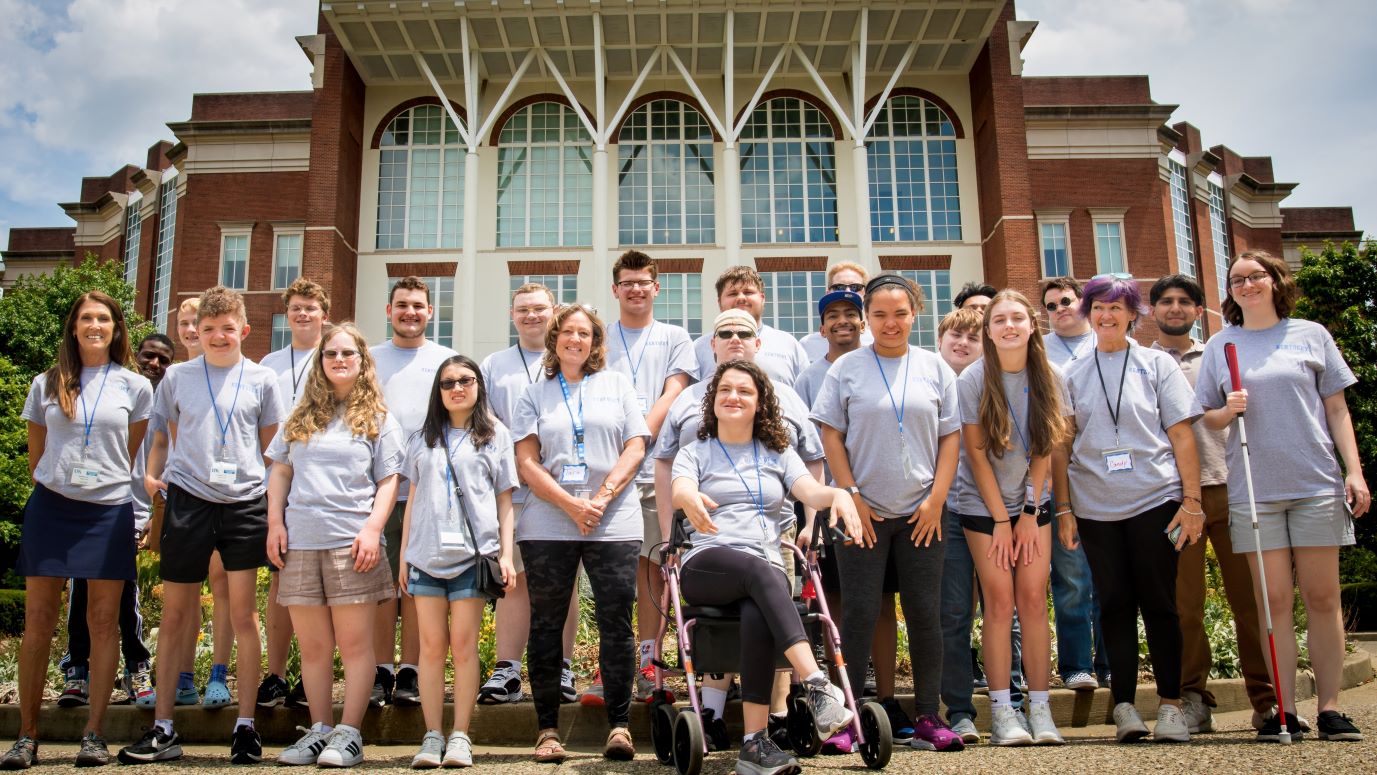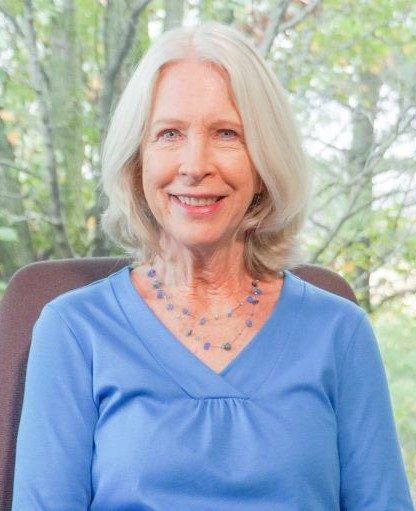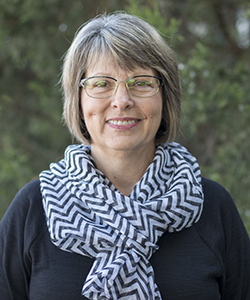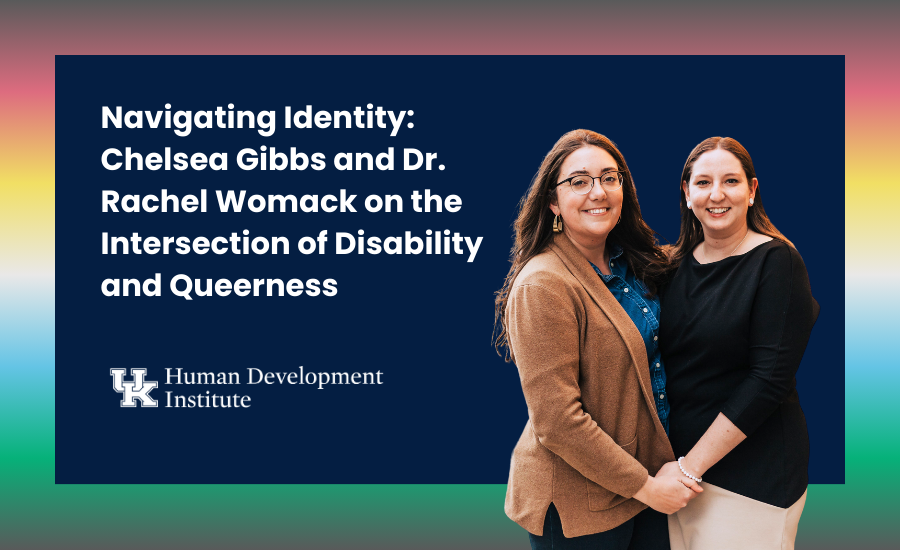There was one thing that stood out above all to Carter Fifield about Drason Swihart – Swihart wasn’t afraid to admit he’d googled something.
Swihart was one of the top applicants for the Maurice Dawson Jr. Technology Training Initiative, an internship created in honor of Maurice Dawson Jr., who passed away after working in the IT department at HDI for years. He was well-loved by the community, and shortly after his passing, HDI funded an internship program for people interested in exploring tech careers.
“We really wanted to kind of present an opportunity to someone who was ready to get into the industry,” he said. “It was looking for an individual who either was or was not pursuing college and was looking to gain experience from the ground up.”
By the end of the application process, Fifield had narrowed a field of 64 applicants down to six top choices. Each of the top candidates showed incredible promise, but Fifield could only choose one. To help him make the final decision, Fifield wrote up a test – one designed to be a challenge.
“I released a very difficult technical interview, with the understanding that I did not expect them to be able to answer these questions. Just kind of a gauge of, ‘Hey, where are you at? How are you going to tackle this problem?’” Fifield said. “His answers to everything were kind of exactly what I was looking for.”
This included in places where Swihart explained that he did not initially know the answer to a question and so turned to outside resources for answers – something Fifield said stood out a lot. Swihart was the only applicant to mention searching for answers that way, and for Fifield, that spoke to an applicant willing to solve the problem through whatever means worked best. After that, the choice was easy – Swihart was the perfect fit.
Swihart, meanwhile, mentioned that he was drawn to the position because he’s always been interested in technology.
“I was always the tech guy in my house, like, even when I was a little 8-year-old,” he said. “I always had that interest.”
From there on out, Swihart said he’s been party to an incredible learning opportunity and an amazing starting point for what he hopes will be a fruitful career in IT.
“All this has just been a learning process,” he said. “The first thing that I did once I was accepted into the position was learn some basic site coding…I’ve learned all about integrating everything that’s a part of a website…it’s really allowed me to, forward myself in that field.”
But the most invaluable thing to be successful in the field is something Swihart had when he came on board.
“He has been extremely excited to learn and has a lot of enthusiasm towards everything that we’ve done so far,” Fifield said. “That, to me, is the most valuable kind of skill to have in this industry is, ‘Hey, I might not know everything right now, but I’m willing to learn it. I’m willing to do what I need to get that done.’”
